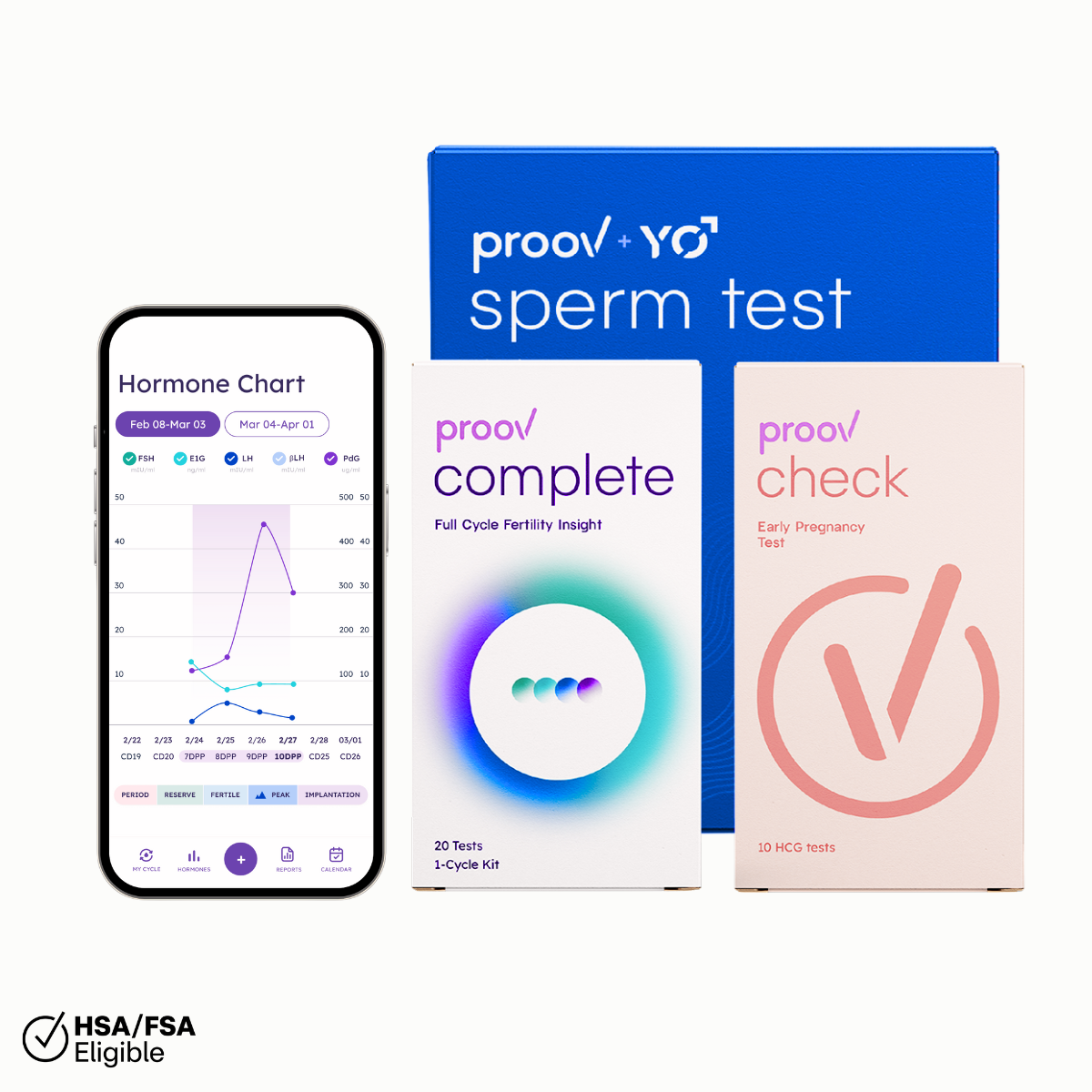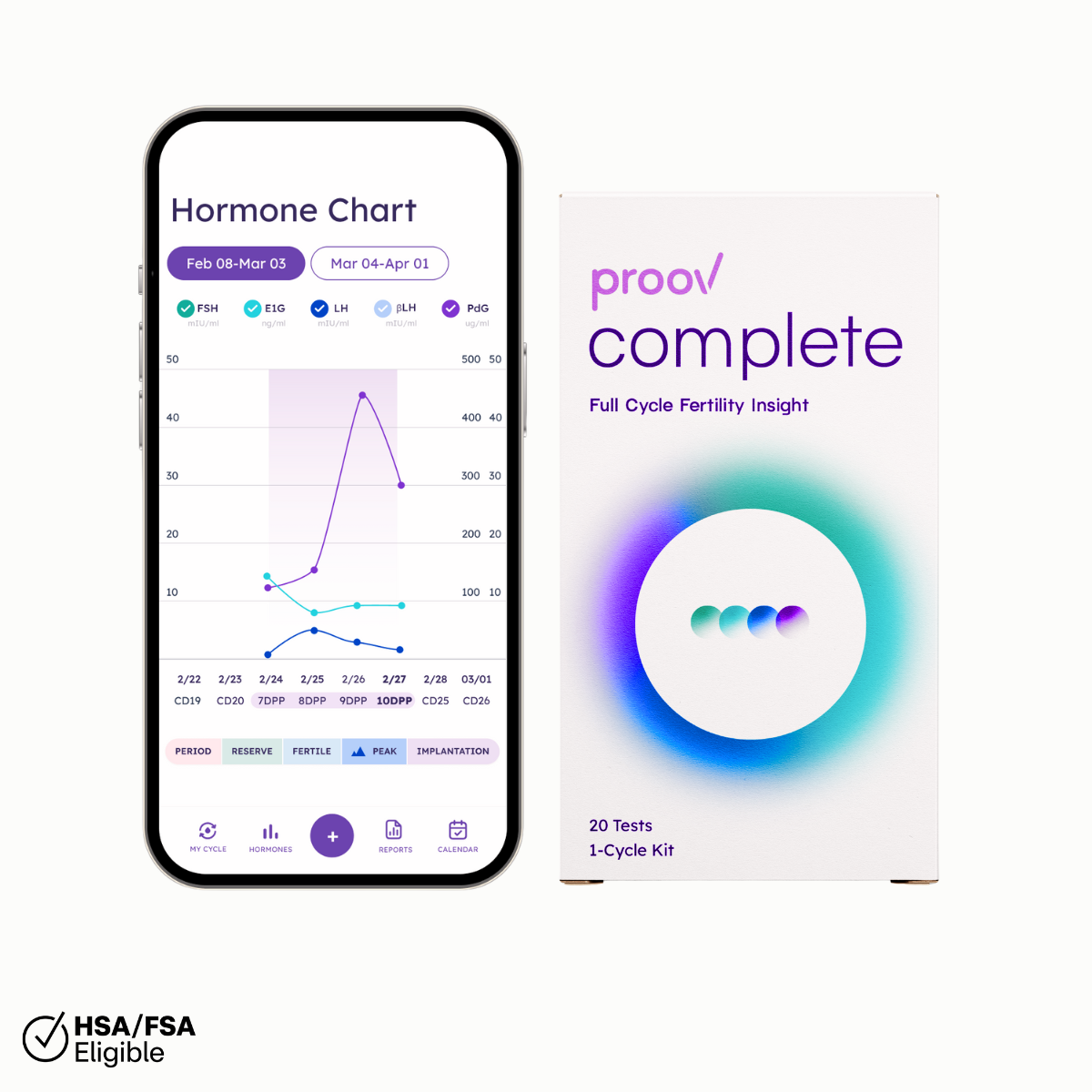If you’re trying to conceive, you may have heard a recommendation to start taking prenatal vitamins even before you’re pregnant. But with so many things that one person or another says you “should” be doing when TTC, you’re probably wondering “Is that safe? Does it actually do anything? Is it worth it?”
When it comes to prenatal vitamins, though, the answer to all three questions is a resounding, “yes!”
Taking prenatal vitamins when you aren’t pregnant can be a great idea, both to prepare your body for pregnancy and postpartum, and to combat any possible nutrient deficiencies of your own.
Read on to find out what prenatal vitamins actually do, when you might want to take them, and why.

Read on to find out more about what prenatal vitamins do and why you may want to try them.
Important ingredients in prenatal vitamins
If you’re trying to get pregnant, you might be thinking about your diet and nutrition a bit more than usual, and that’s great! Even if you’re already taking a multivitamin, though, prenatal vitamins pack some extra punch.
In general, prenatal vitamins can be thought of as a multivitamin that has extra of a few key nutrients needed for healthy pregnancy. Some of these are:
- Folic acid: Folic acid is a form of vitamin B9 that reduces the risk of neural tube defects, serious birth defects that affect the brain and spinal cord. Because these parts of the body form early, it’s important to be taking folic acid supplements as soon as you find out you’re pregnant. So if you’re already taking a prenatal, you’ll be good to go! In fact, Dietary Guidelines for Americans recommends all people who could become pregnant take 400 µg of folic acid daily (in addition to any folic acid or folate you consume normally in your diet).
- Iron: While most people get plenty of iron from their diet, your body needs additional iron during pregnancy to support development of the placenta and blood vessels. Supplemental iron can also help prevent anemia, which is relatively common in pregnancy. Some people find iron supplements to be hard on their stomach, so if that’s you, or if your prenatal of choice doesn’t contain iron, check out Proov High-Absorbing Iron, which was formulated with just that in mind!
Otherwise, prenatal vitamins typically contain the same vitamins and minerals that a standard multivitamin would, but the formulations can vary greatly. If you’re having a hard time choosing a prenatal vitamin, check out our blog post or ask your provider for a recommendation.
A good start is to make sure your prenatal contains calcium and vitamins A, C, D, and B6. Levels of these nutrients in particular can decline during pregnancy, and supplementation is often necessary to prevent vitamin deficiencies. They may also reduce risk of hospitalization and infection.
Many vitamins and minerals are required in higher amounts during pregnancy, so prepping your body now by taking a prenatal vitamin will help build up levels of some important vitamins and, for those that your body can’t store long-term, will at least help you build the habit of taking your prenatal before it’s critical.

Many vitamins and minerals are required in higher amounts during pregnancy.
Can prenatal vitamins help you get pregnant?
Another compelling reason to take a prenatal before pregnancy is that it may actually increase your chances of getting pregnant in the first place! This is due to both improving overall nutrition, and the impact of specific ingredients.
While you probably get most of your necessary vitamins and minerals from your diet, vitamin deficiencies are still relatively common among Americans, and can impact fertility and overall health. For instance, if you live above the 37th parallel, you’re at increased risk of vitamin D deficiency, and about 10% of women aged 12-49 are low in iron.
If you’re trying to get pregnant, proper nutrition is particularly important. Higher folic acid, iron supplementation, and omega-3 levels are all associated with an increased pregnancy rate. Untreated anemia can also make it more difficult to get pregnant.

If you're trying to get pregnant, proper nutrition is especially important!
Other supplements to consider adding pre-pregnancy
While standard prenatal vitamins have many ingredients, there are a few other supplements that experts have recommended should be included before and during pregnancy, or that promote regular ovulation. You may wish to also include these in your supplement routine!
- Inositol: If you have PCOS, studies have shown inositol can help regulate menstrual cycles and decrease insulin resistance. You may also want to check out other supplements for PCOS.
- DHA (found in fish oil): Omega-3 oils like DHA are good for cardiac health, and specifically in pregnancy DHA reduces rates of depression, gestational diabetes, and preeclampsia.
- Vitex/chasteberry extract: Vitex increases progesterone production and may improve symptoms of PMS and irregular menstrual cycles. Proov Luteal Love contains vitex as well as maca and ashwagandha to support progesterone production in the second half of your cycle.
Overall, taking a prenatal vitamin is a great way to start or continue your TTC journey, or focus on your overall health even if you aren’t TTC yet!













